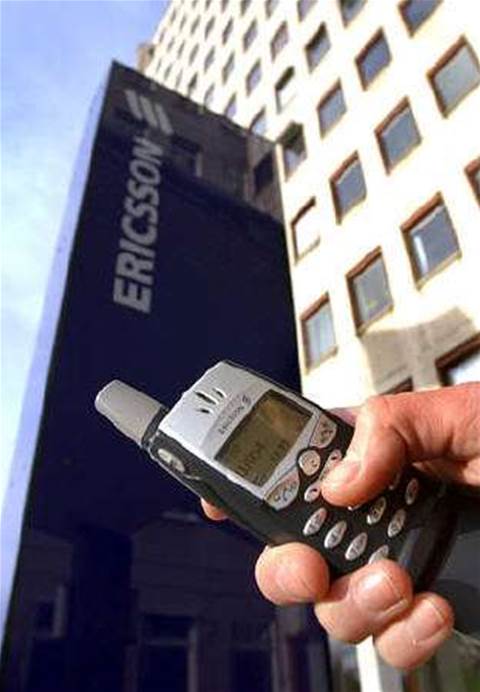MUMBAI (Reuters) - Swedish telecoms equipment giant Ericsson said on Monday it would ramp up its investment in India to feed a rapidly growing mobile phone market, but ruled out plans for a handset unit.
India, Asia's third-largest economy, is the world's fastest growing major mobile phone market, with about 2.5 million new users signing up every month. Analysts estimate 30-35 million mobile phones will be sold in India in 2005.
Ericsson will build a research and development centre in Chennai, Mats Granryd, president of Ericsson's market unit for India and Sri Lanka, said. It outsources some of its research requirements to Indian software services firms, including Tata Consultancy Services and Wipro.
Ericsson will also set up a global services delivery centre in Gurgaon, on the outskirts of New Delhi, which will include a systems integration and a regional network operating centre.
"We will invest several hundreds of millions of dollars per year in expanding our manufacturing and research and development capabilities, as well as human capital, as the market is very dynamic and growing very quickly," Granryd told a newsconference.
Ericsson has a telecoms equipment making plant in Kukas in Rajasthan, where it recently invested US$50 million to upgrade its facilities to include making mobile switching centres and base station controllers.
"We endorse the Indian government's view that there will be 200 million mobile subscribers by 2007 and 10 million broadband subscribers," chief executive Carl-Henric Svanberg said.
"And we expect that GSM, in particular, will continue to grow as it is rolled out in the rural markets. The lack of spectrum is the only limitation, really, but that's more an issue for the operators," Svanberg said.
But Ericsson, which entered the Indian market in 1903, ruled out setting up a Sony-Ericsson handset making plant.
Sony-Ericsson, jointly owned with Sony Corp, is the world's fifth-biggest mobile phone maker, and had said earlier this year it was looking to set up a plant in India.
"The bulk of our handset manufacturing already is in low-cost centres, so we will not be setting up a plant for now," Svanberg said.
Korea's LG Electronics makes mobile phones in India, Nokia has a plant under construction in Chennai while Samsung Electronics has said it is considering setting up one.
Ericsson will focus on equipment manufacture and research, and is looking to make India a hub for the Asia-Pacific region in the near future, Svanberg said.
"We will grow with the market, but equipment prices are also coming down," he said. "But in reality, we've tended to underestimate the number of subscribers we can add and the kind of economies of scale that can accrue from bigger numbers."
Another challenge for Ericsson will be facing up to competition from low-cost Chinese vendors like Huawei Technologies, which has said it will invest about US$100 million to set up a plant in India.
"We have to be respectful of them, as they have got the engineers and the skills and will obviously build a meaningful position in the world over time," Svanberg said.
"But in reality, it will take them a long time to really be in a position to service all the needs of a telecoms operator. And in the meantime, we are ensuring we take all the fat away and operate as efficiently as possible," he said.
Ericsson to build R&D unit, up investment in India
By
Staff Writers
on Oct 25, 2005 10:15AM

Got a news tip for our journalists? Share it with us anonymously here.
Partner Content
_(21).jpg&h=142&w=230&c=1&s=1)
Empowering Sustainability: Schneider Electric's Dedication to Powering Customer Success

Shared Intelligence is the Real Competitive Edge Partners Enjoy with Crayon

How Expert Support Can Help Partners and SMBs Realize the Full Value of AI
.png&h=142&w=230&c=1&s=1)
How mandatory climate reporting is raising the bar for corporate leadership

MSPs with a robust data protection strategy will achieve market success








.jpg&w=100&c=1&s=0)











